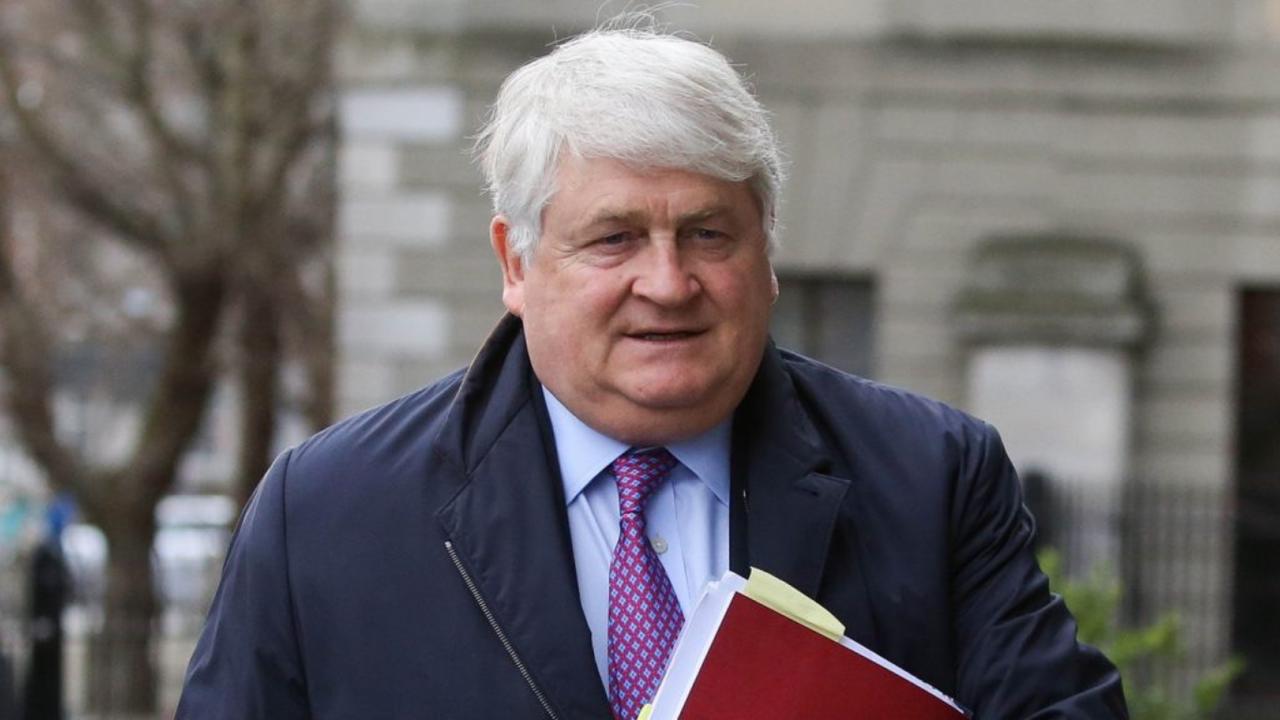60% of people in the UK support an apology for slavery - research
Denis O’Brien, The Repair Campaign, to the UK: ‘Three little words - I am sorry’
The following article is republished from Loop News and was written on March 25, 2024.

Three in five people (60%) in the UK agree that Caribbean nations and descendants of enslaved people should receive a formal apology over the horrors of transatlantic chattel slavery, with more than half stating it should come from the UK Government or from organisations who historically profited from slavery in the Caribbean.
This is according to the latest research from The Repair Campaign, which today launched a petition calling for reparations.
The research, conducted in England, Scotland and Wales in February 2024, showed strong understanding of the issue of reparatory justice for slavery, with 64 per cent of people very or somewhat familiar with the idea of making amends for the UK’s historic involvement in slavery through reparations, a release from The Repair Campaign said on Monday.
Four in 10 people reportedly agreed that Caribbean nations should receive financial compensation to make amends for the legacy of slavery and colonialism.
As the architect of The Repair Campaign, Denis O’Brien, commented:
He added: “It’s hugely encouraging to see the scale of support in the UK for an apology.
“The Government and Monarchy can no longer afford to ignore calls for reparatory justice. The UK’s extraordinary wealth was generated from free labour, free lands and the highly profitable proceeds of slavery,” O’Brien said. “It was a 300-year holocaust. There is clear support for action. People are fed up with being patronised by right-wing politicians and media commentators who’ve tried to divide communities over this issue. Making amends for the injustice of slavery is about strengthening our connections, both within our communities and between the UK and the Caribbean. The Repair Campaign is calling on the UK to do the right thing. Three little words. I am sorry…”
Commenting on the findings, Laura Trevelyan, trustee, Trevelyan Grenada Reparations Fund, Honorary Associate Fellow, PJ Patterson Institute, The University of the West Indies, said; “It’s extremely encouraging. Polling this specific has never been done before, and as the campaign for reparatory justice grows, and awareness of the present day legacies of slavery builds, hopefully support for apology and reparations for the descendants of enslaved Africans will become more widespread.
“It’s 190 years since the abolition of slavery in Britain – the next decade is crucial, and we must redouble our efforts to secure justice for the descendants of those who lost their liberty and all too often their lives as Britain’s government sanctioned slave traders to pursue profits at all cost.”
Professor Verene Shepherd, director of the Centre for Reparation Research (CRR) at The University of the West Indies and a Vice-Chair of the CARICOM Reparations Commission, added:
“It has long been recognised that the trafficking of millions of Africans to the Caribbean and their chattel enslavement across the region, acts in which Britain was a leading participant, were crimes against humanity. The passing of the ‘Slave Trade Abolition Act’ by Britain on March 25, 1807, did not end the human misery and suffering of Africans.
“Indeed, Britain did not call back ships already on their way to capture more Africans when the Act was passed. This allowed 32 slavers to proceed, and an estimated 6,453 more Africans to suffer on the high seas and on plantations.
“On this March 25, 2024, when we observe yet another UN International Day to remember the victims of the transatlantic trafficking and the chattel enslavement of millions of Africans, the CRR calls on Britain and other former and current colonial powers, to own up to their responsibility, issue full and formal apologies (not wishy-washy statements of regret or deep sorrow) for their horrible deeds and use the Caricom Ten Point Plan as the blueprint to do the right thing by the region.”
The polling was commissioned by The Repair Campaign and carried out by Walnut Omnibus, a nationally representative omnibus survey of 2016 adults across Great Britain between February 16-19, 2024.
